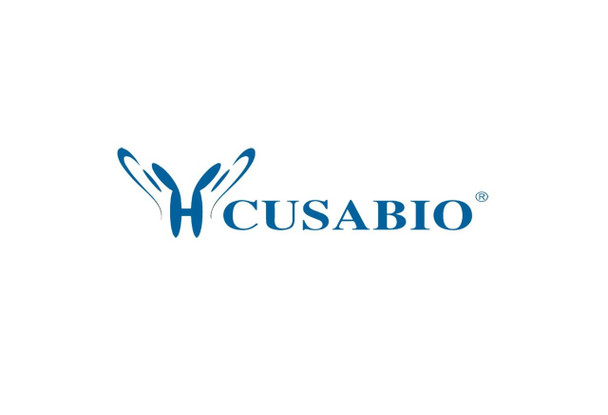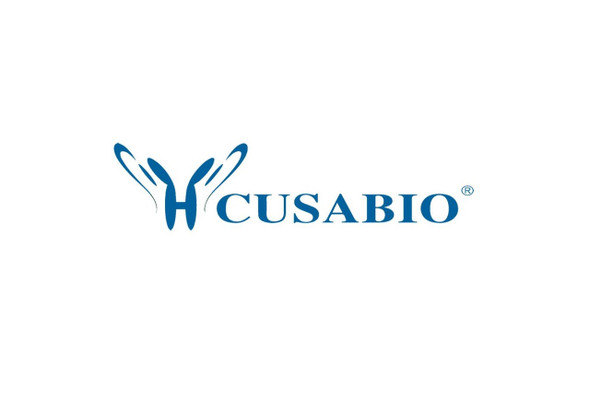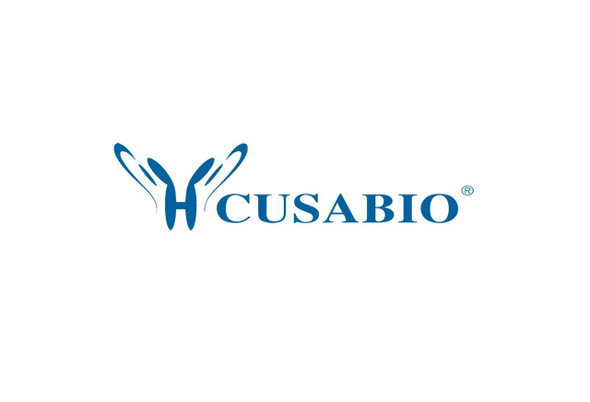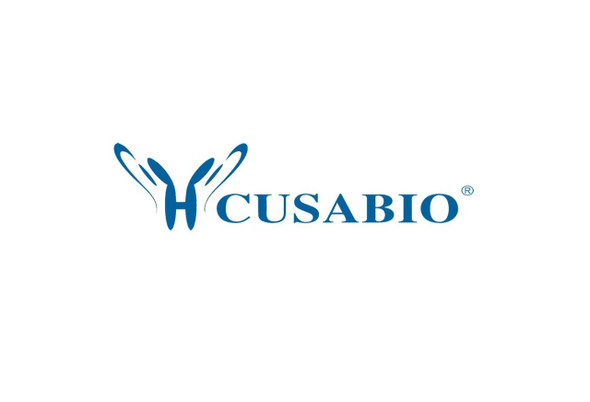Cusabio Human Recombinants
Recombinant Human Synaptosomal-associated protein 29 (SNAP29) | CSB-EP021874HU
- SKU:
- CSB-EP021874HU
- Availability:
- 13 - 23 Working Days
Description
Recombinant Human Synaptosomal-associated protein 29 (SNAP29) | CSB-EP021874HU | Cusabio
Alternative Name(s): Soluble 29KDA NSF attachment protein Vesicle-membrane fusion protein SNAP-29
Gene Names: SNAP29
Research Areas: Neuroscience
Organism: Homo sapiens (Human)
AA Sequence: MSAYPKSYNPFDDDGEDEGARPAPWRDARDLPDGPDAPADRQQYLRQEVLRRAEATAASTSRSLALMYESEKVGVASSEELARQRGVLERTEKMVDKMDQDLKISQKHINSIKSVFGGLVNYFKSKPVETPPEQNGTLTSQPNNRLKEAISTSKEQEAKYQASHPNLRKLDDTDPVPRGAGSAMSTDAYPKNPHLRAYHQKIDSNLDELSMGLGRLKDIALGMQTEIEEQDDILDRLTTKVDKLDVNIKSTERKVRQL
Source: E.coli
Tag Info: N-terminal GST-tagged
Expression Region: 1-258aa
Sequence Info: Full Length
MW: 56 kDa
Purity: Greater than 90% as determined by SDS-PAGE.
Relevance: SNAREs, soluble N-ethylmaleimide-sensitive factor-attachment protein receptors, are essential proteins for fusion of cellular membranes. SNAREs localized on opposing membranes assemble to form a trans-SNARE complex, an extended, parallel four alpha-helical bundle that drives membrane fusion. SNAP29 is a SNARE involved in autophagy through the direct control of autophagosome membrane fusion with the lysososome membrane. Plays also a role in ciliogenesis by regulating membrane fusions.
Reference: "Three novel proteins of the syntaxin/SNAP-25 family." Steegmaier M., Yang B., Yoo J.-S., Huang B., Shen M., Yu S., Luo Y., Scheller R.H. J. Biol. Chem. 273:34171-34179(1998)
Storage: The shelf life is related to many factors, storage state, buffer ingredients, storage temperature and the stability of the protein itself. Generally, the shelf life of liquid form is 6 months at -20?/-80?. The shelf life of lyophilized form is 12 months at -20?/-80?.
Notes: Repeated freezing and thawing is not recommended. Store working aliquots at 4? for up to one week.
Function: SNAREs, soluble N-ethylmaleimide-sensitive factor-attachment protein receptors, are essential proteins for fusion of cellular membranes. SNAREs localized on opposing membranes assemble to form a trans-SNARE complex, an extended, parallel four alpha-helical bundle that drives membrane fusion. SNAP29 is a SNARE involved in autophagy through the direct control of autophagosome membrane fusion with the lysososome membrane. Plays also a role in ciliogenesis by regulating membrane fusions.
Involvement in disease: Cerebral dysgenesis, neuropathy, ichthyosis, and palmoplantar keratoderma syndrome (CEDNIK)
Subcellular Location: Cytoplasm, Golgi apparatus membrane, Peripheral membrane protein, Cytoplasmic vesicle, autophagosome membrane, Peripheral membrane protein, Cell projection, cilium membrane, Peripheral membrane protein
Protein Families: SNAP-25 family
Tissue Specificity: Found in brain, heart, kidney, liver, lung, placenta, skeletal muscle, spleen and pancreas.
Paythway: Autophagy-animal
Form: Liquid or Lyophilized powder
Buffer: If the delivery form is liquid, the default storage buffer is Tris/PBS-based buffer, 5%-50% glycerol. If the delivery form is lyophilized powder, the buffer before lyophilization is Tris/PBS-based buffer, 6% Trehalose, pH 8.0.
Reconstitution: We recommend that this vial be briefly centrifuged prior to opening to bring the contents to the bottom. Please reconstitute protein in deionized sterile water to a concentration of 0.1-1.0 mg/mL.We recommend to add 5-50% of glycerol (final concentration) and aliquot for long-term storage at -20?/-80?. Our default final concentration of glycerol is 50%. Customers could use it as reference.
Uniprot ID: O95721
HGNC Database Link: HGNC
UniGene Database Link: UniGene
KEGG Database Link: KEGG
STRING Database Link: STRING
OMIM Database Link: OMIM









